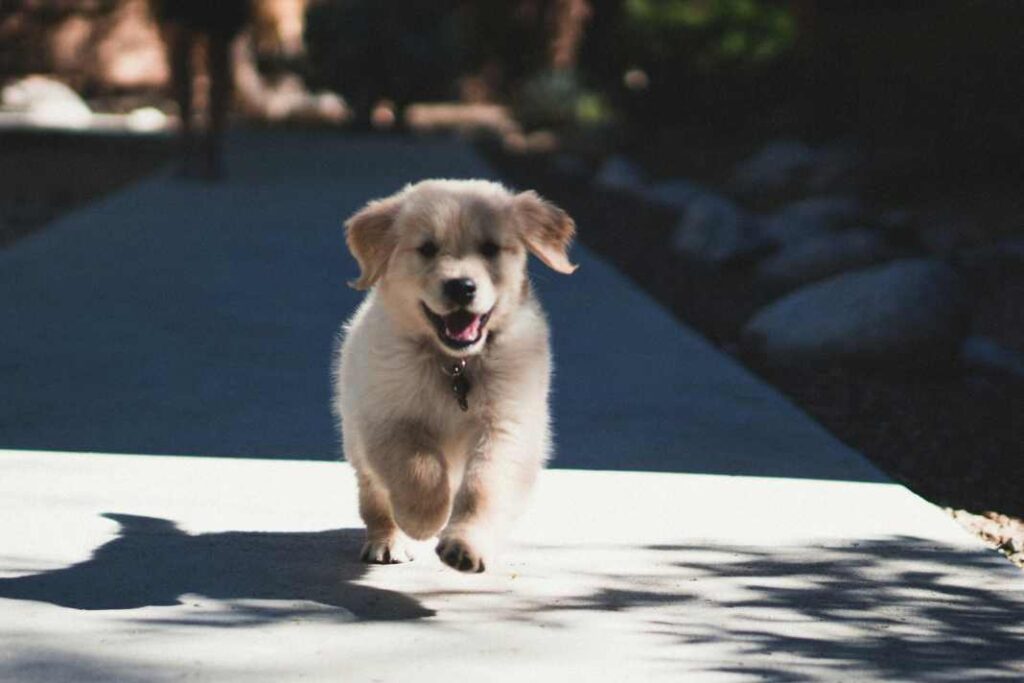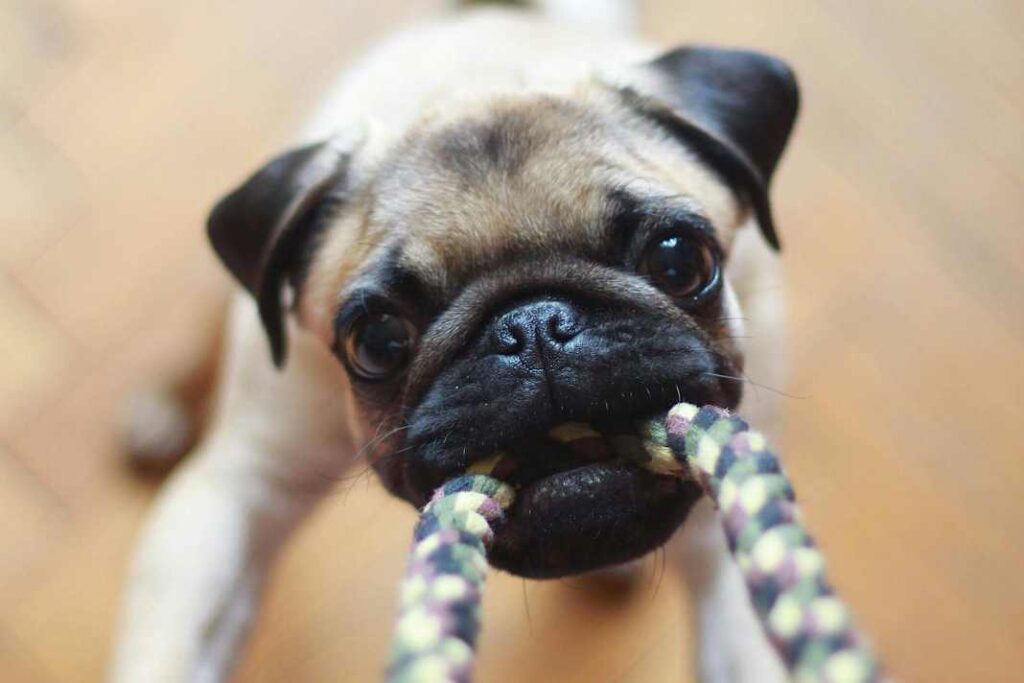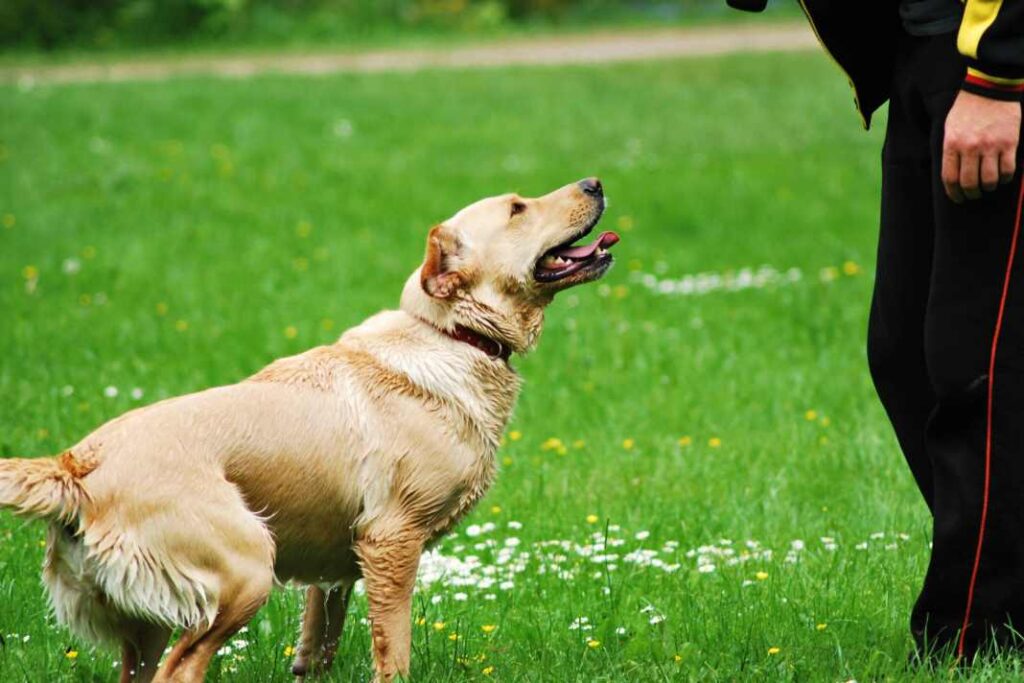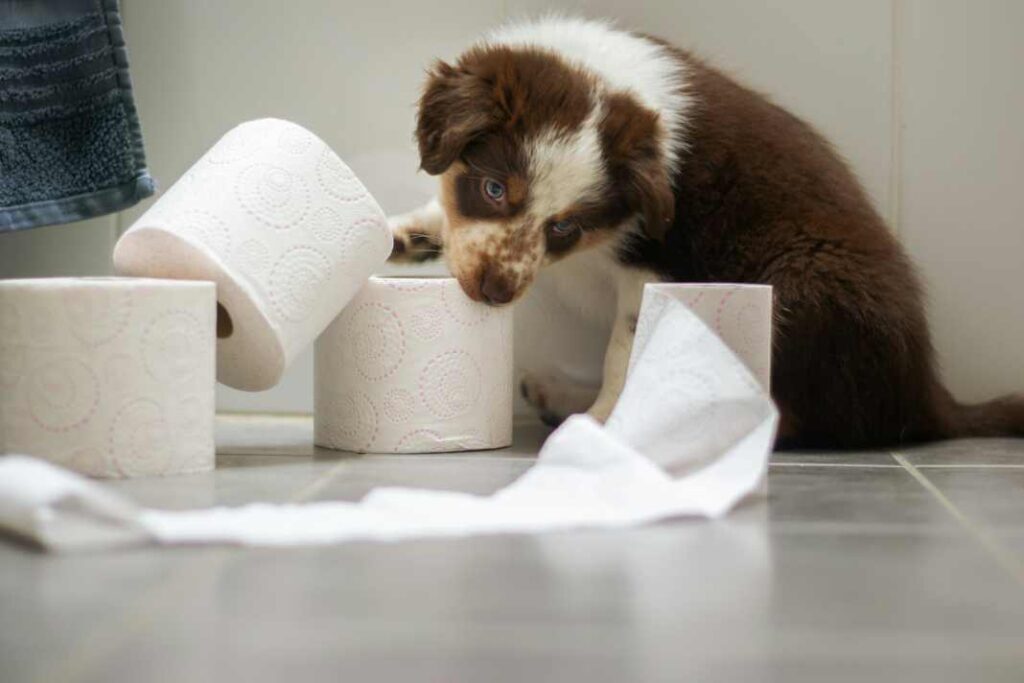Creating a routine for puppy training is crucial for their overall well-being and behavior development, and this article provides tips and guidance on how to design an effective training schedule.
Click here for Expert Videos to Stop Dog Behavioral Problems!
Introduction to Puppy Training Schedules
Establishing puppy training schedule is not only about teaching them the basics of good behavior but also crucial for their overall well-being and adjustment to a new environment.
A structured daily schedule provides puppies with a sense of security and predictability, which is essential during their formative weeks and months. This sense of routine aids in their learning process, ensuring that they pick up on desired behaviors and habits more effectively.
Effective training schedules not only help in teaching commands and behaviors but also foster a strong bond between the puppy and the owner. This bond is the foundation of a harmonious relationship, where both the puppy and the owner understand and respect each other’s needs and boundaries.
The Importance of a Consistent Puppy Training Schedule
For puppies, consistency is key. A consistent puppy training schedule builds good habits and ensures successful learning outcomes. Just like humans, puppies thrive on routine. When they know what to expect in their day, they feel more secure, which significantly reduces anxiety and promotes positive behavior.
Studies have shown that puppies respond well to consistent training schedules, leading to faster adaptation, obedience, and a smoother learning curve.
By incorporating regular training sessions, playtimes, potty breaks, and rest periods into a daily routine, puppy owners can create an environment that supports their pup’s development into a well-behaved and balanced adult dog.

Designing Your Puppy’s Daily Schedule
Creating a daily puppy training schedule for your puppy involves a balance of training sessions, playtime, socialization opportunities, and sufficient rest. Puppies, especially in their early stages, have short attention spans and high energy levels, so it’s crucial to tailor training sessions to accommodate these factors.
Incorporating consistent meal times and potty breaks throughout the day also aids in establishing a routine that supports potty training efforts. For instance, a puppy’s daily schedule might include early morning potty breaks, followed by breakfast, some playtime, and a short training session.
Midday could be reserved for socialization and exploration, while the evening might include another training session before dinner and bedtime. This balanced schedule helps ensure that puppies receive the stimulation and rest they need for healthy development.
Key Milestones in Puppy Training
Puppy training is a journey filled with milestones that mark significant progress in their behavior and development. Socialization milestones, for example, include introducing the puppy to a variety of environments, people, and other animals to develop good behavior and prevent fearfulness. This exposure helps puppies become well-adjusted adults who are comfortable in various situations.
Obedience training milestones are centered around teaching basic commands like ‘sit’, ‘stay’, and ‘come’. These commands are essential for effective communication and ensuring the puppy’s safety in different scenarios. Crate training is another important milestone, focusing on creating a positive association with the crate as a safe and secure personal space for the puppy.

Crate and Potty Training Schedules
A consistent crate training schedule is crucial for preventing separation anxiety and destructive behavior. It helps puppies learn to enjoy their own company and understand that the crate is a safe space, not a punishment.
Potty training, on the other hand, requires adjusting schedules based on the puppy’s age, as younger puppies need to go more frequently. Positive reinforcement during these training sessions encourages good behavior and accelerates the learning process, making it a smooth experience for both the puppy and the owner.
For example, rewarding a puppy with a treat and enthusiastic praise after successfully using the potty area reinforces the desired behavior, making them more likely to repeat it in the future.
Tips for Successful Puppy Training Routines
Developing a successful puppy training schedule involves setting achievable goals, tracking progress, and maintaining consistency. Consistency builds trust and confidence, which is crucial for a healthy training environment.
It’s also important to keep training sessions short, engaging, and varied to hold the puppy’s interest. Utilizing treats, toys, and verbal praise as rewards makes training more enjoyable for the puppy, increasing their willingness to learn.
Remember, patience and positive reinforcement are key. Celebrating small victories and progress helps maintain motivation and ensures steady improvement in the puppy’s behavior and skills.

Available Resources and Programs for Puppy Training
Thankfully, new puppy parents have access to a wealth of online resources, training programs, and professional trainers to assist them in creating effective puppy training schedule. Online guides, tutorials, and videos offer valuable insights and tips for training puppies at various stages of their development. Puppy training classes provide structured environments for learning obedience, socialization, and essential skills in a social setting.
Professional dog trainers can also offer personalized training programs tailored to the specific needs and behavior of the puppy, ensuring successful training outcomes and addressing any challenges that arise during the training process.
By understanding the importance of a consistent training schedule and utilizing the available resources and tips, puppy owners can set their furry friends on the path to becoming well-behaved and happy adult dogs.

Mastering the Basics: A Guide to Basic Obedience Training for Dogs

Basic obedience training is the cornerstone of a happy, healthy relationship between you and your dog. It’s not just about teaching them commands; it’s about fostering communication, mutual respect, and understanding.
Continue reading: A Guide to Basic Obedience Training for Dogs
Mastering Puppy Potty Training: Techniques and Tips for Success

Mastering puppy potty training is crucial for fostering a strong bond, reducing stress, and promoting good behavior, and this article provides effective techniques, tips, and solutions for successful house training.
If you don’t have time to read this and just want a puppy potty training solution fast, check out this online Potty Training course. At the time of writing this, it was a 3-day $1 Trial – so you could effectively sign up and learn all you can in 3 days, all for $1.
Continue reading: Mastering Puppy Potty Training



